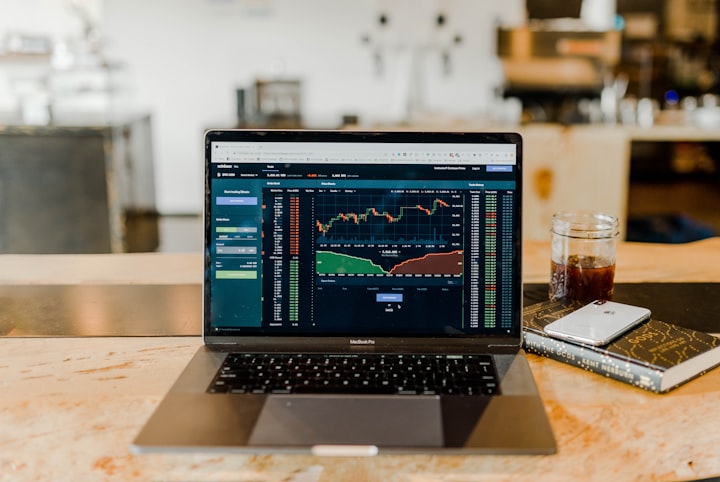101 to Margin Trading in the Forex Market
What Does Margin Trading Mean?

Margin trading means borrowing trading assets with the use of borrowed funds provided to a trader by a brokerage company for a certain amount of money (margin), allowing to buy more shares than you could with your own money. By margin trading or trading with leverage, you can increase your returns without having a large amount of capital. Margin trading is one of the key elements of what is CFD trading.
Margin Trading Lavarage
The idea of margin trading is close to buying a mortgaged house. Depending on the price of the house you want, you pay a small percent of the whole price, let’s say 20%, and the rest you borrow to return in a loan form. Similarly, depending on the market you trade in (stock or currency), brokerage companies may offer leverage from 1:1 to 1:1000, i.e., a trader gets a loan of the same amount he owns or a sum 1000 times exceeding his own capital. In the Forex market, the size of leverage is usually from 1:100 to 1:500. The provision of a loan by a dealing company allows to perform speculative operations in the market with large amounts of money. Meanwhile, if a trader makes a large profit using the credit which exceeds his own funds by several times, the profit will belong only to him, and in case of unsuccessful transactions, the loss may not exceed the size of his own funds, that is to say, a trader will not be in debt to a brokerage company.
Margin Lending Requirements and Conditions
Funds or other assets, which were deposited on the account of a brokerage company, serve as a pledge for margin trading;
During the trading session, the credit is provided for free. A special fee (swap) is charged for transferring the position to the next day. This is a seamless process. You purchase more securities than your account is worth, and you borrow funds (up to a certain limit) automatically.
Always consider borrowing less than the the maximum Loan-to-Value Ratio (LVR) offered by your broker. This will help you avoid margin calls. Generally speaking, this will help you minimize your exposure to risk.
The Size of The Margin
The size of the margin depends on the market segment, the liquidity of traded instruments, and the brokerage company. In the currency market, the margin does not usually exceed 2%, while in the stock market it may reach 50%. To avoid putting your account “on margin”, keep a positive cash balance. Simply buy securities worth less than your equity in the account.
If the loss of your open positions draws near the margin size, the broker will offer to deposit the necessary sum of money (the requirement to provide additional funds is called Margin Call or “risk warning”), otherwise, the positions will be forcibly closed (Stop out).
Pros and Cons of Margin Trading
The absolute advantage of margin trading is the opportunity to make a large profit with a small initial capital on a trading account.
The negative side of margin trading is a great risk - the bigger the leverage, the higher the risk of losing funds in case the market moves “against you”. The risk doesn’t always mean that margin trading is bad. In some cases, it can help stabilize the market
No matter how attractive high leverage may seem, do not use the maximum possible leverage. It should be also noted that in case of transferring a position to the next day, you will have to pay swap for the whole volume of the position, that is why it is better to close all the positions by the end of the day.
About the Creator
Ara Zohrabian
Ara Zohrabian, an author and an expert in fundamental and technical analysis. Currently he is a Senior Analytical Expert at IFCMarkets Corp.






Comments
There are no comments for this story
Be the first to respond and start the conversation.